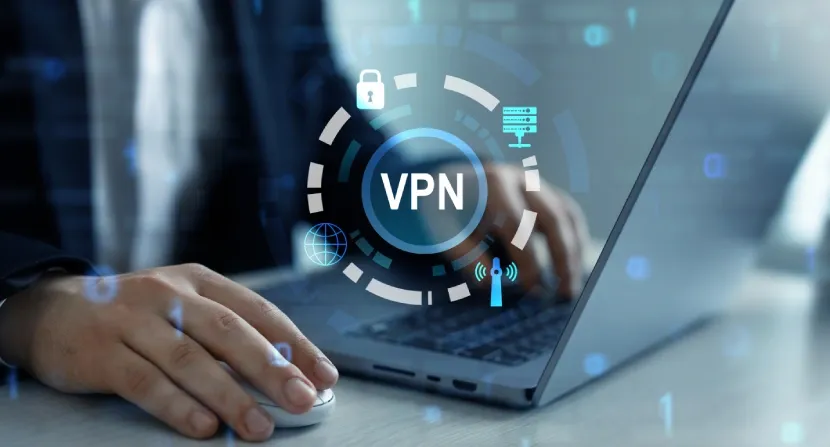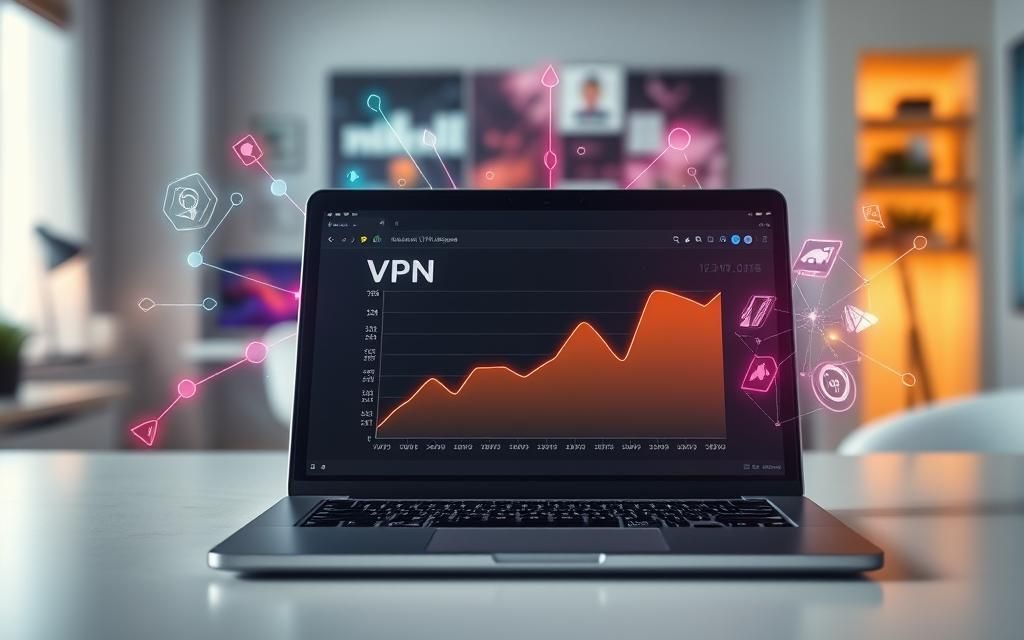In today’s digital age, concerns about online privacy and security have led many to seek refuge in virtual private networks (VPNs). However, a common question that arises among users is whether using a VPN drains the battery of their devices. In this comprehensive guide, we delve into the intricacies of VPN technology and its potential impact on battery life. By the end, you’ll have a clearer understanding of how VPNs function and whether they truly pose a drain on your device’s battery. Understanding VPN Technology Before delving into the battery implications of VPN usage, it’s essential to grasp the fundamentals of VPN technology. A VPN works by establishing a secure connection between your device and a remote server, encrypting all data transmitted over the network. This encryption process is resource-intensive, requiring computational power and network bandwidth. Encryption Overhead: Balancing Security and Efficiency The encryption process employed by VPNs involves complex mathematical algorithms that encode data packets, ensuring confidentiality and integrity. However, this added layer of security comes at a cost – increased processing overhead. As a result, devices may experience higher CPU utilization and data transfer latency when using a VPN. Network Latency: Impact on Battery Life Another factor to consider is the effect of VPN-induced network latency on battery consumption. VPNs route internet traffic through intermediary servers, which can introduce additional network hops and increase data transmission times. As a result, devices may expend more energy maintaining prolonged network connections, leading to incremental battery drain. How fast does a VPN drain battery? It all comes down to which VPN you’re rocking and what you’re up to on your phone. While estimates bounce around, they generally say that VPNs munch on anywhere from 5% to 15% of your device’s battery while they’re active. Pinning down an exact number is tough since the VPN only kicks into gear when you hop online. If you’re diving into a lengthy text-based research paper, the VPN won’t break much of a sweat compared to the data-heavy experience of scrolling through social media. When you’re offline, having the VPN idling in the background won’t make much of a dent in your resources. Now, onto the battery-hogging culprits: free VPNs. These puppies are usually ad-supported, meaning they’ll gobble up your battery flashing ads upfront and snooping on your browsing habits in the background. On top of that, their apps might be clunkily coded, putting an unnecessary strain on your CPU. In contrast, top-tier VPNs have fine-tuned their code over the years, especially for mobile devices. They rock the latest encryption tech, finding the sweet spot between security and speed, and opt for the lightest connection protocols around. Optimizing VPN Performance: Practical Tips To mitigate potential battery drain associated with VPN usage, users can implement several optimization strategies: Update to the latest OS version Keep your device up to date by installing the latest operating system (OS) version. Whether you’re on Windows, Mac, Linux, iOS, Android, or any other system, make sure to grab those updates as soon as they’re available. Not only do they keep your device running smoothly, but they also serve as a shield against potential threats from the outside world. Optimize your settings Try setting your screen to turn off faster when you’re not using it, dim the brightness of your screen or switch to dark mode, use adaptive/auto brightness and battery settings if your device supports them, and consider turning off sounds and vibrations for notifications and interactions on your device. Use wi-fi when available When it comes to preserving battery life, connecting to a Wi-Fi network is the way to go! Using cellular data consumes more battery power, especially when your device is constantly switching between networks. If Wi-Fi is an option, go for it. Otherwise, consider turning off Wi-Fi to prevent your device from searching for networks and draining battery unnecessarily. Disable notifications in non-essential apps Notifications play a significant role in draining your phone’s battery as they constantly wake your device. If you find that you don’t require real-time updates or alerts from certain apps, it’s advisable to disable their notification feature. By doing so, you can effectively conserve battery life by minimizing unnecessary background processes and interruptions. Taking control of your app notifications can greatly impact your device’s battery usage. By selectively turning off notifications for apps that don’t necessitate immediate attention, you can ensure that your phone remains more energy-efficient throughout the day. Use battery-saving mode When your device’s battery level dwindles, it often prompts you to activate a low power mode to preserve the remaining power. This feature adjusts various settings and reduces background activities to extend battery life, allowing you to continue using your device for essential tasks. Activating low power mode can significantly prolong the usage time of your device, especially when faced with a low battery situation. By minimizing power-hungry functions and optimizing power usage, this mode ensures that your device remains operational for longer periods, providing you with the necessary functionality until you can recharge it. Limit the number of apps on your device Certain apps exert a greater drain on your device’s battery compared to others, especially those that extensively utilize various features of your device. Research indicates that some of the most energy-intensive apps include Fitbit, Verizon, Uber, Skype, Facebook, Airbnb, BIGO LIVE, Tinder, Instagram, and Bumble. These applications often run background processes, utilize location services, and constantly refresh content, contributing to increased battery consumption. Identifying and managing these battery-draining apps can help improve your device’s overall battery life. Consider restricting background activity, adjusting notification settings, and closing unnecessary apps when not in use to conserve battery power and ensure a longer-lasting device performance throughout the day. Conclusion In conclusion, while concerns about VPN battery drain are valid, they are often exaggerated. By understanding the underlying mechanisms and implementing optimization strategies, users can enjoy the security benefits of VPNs without sacrificing battery life. Ultimately, the decision to use a VPN should be based on individual security needs and preferences.





